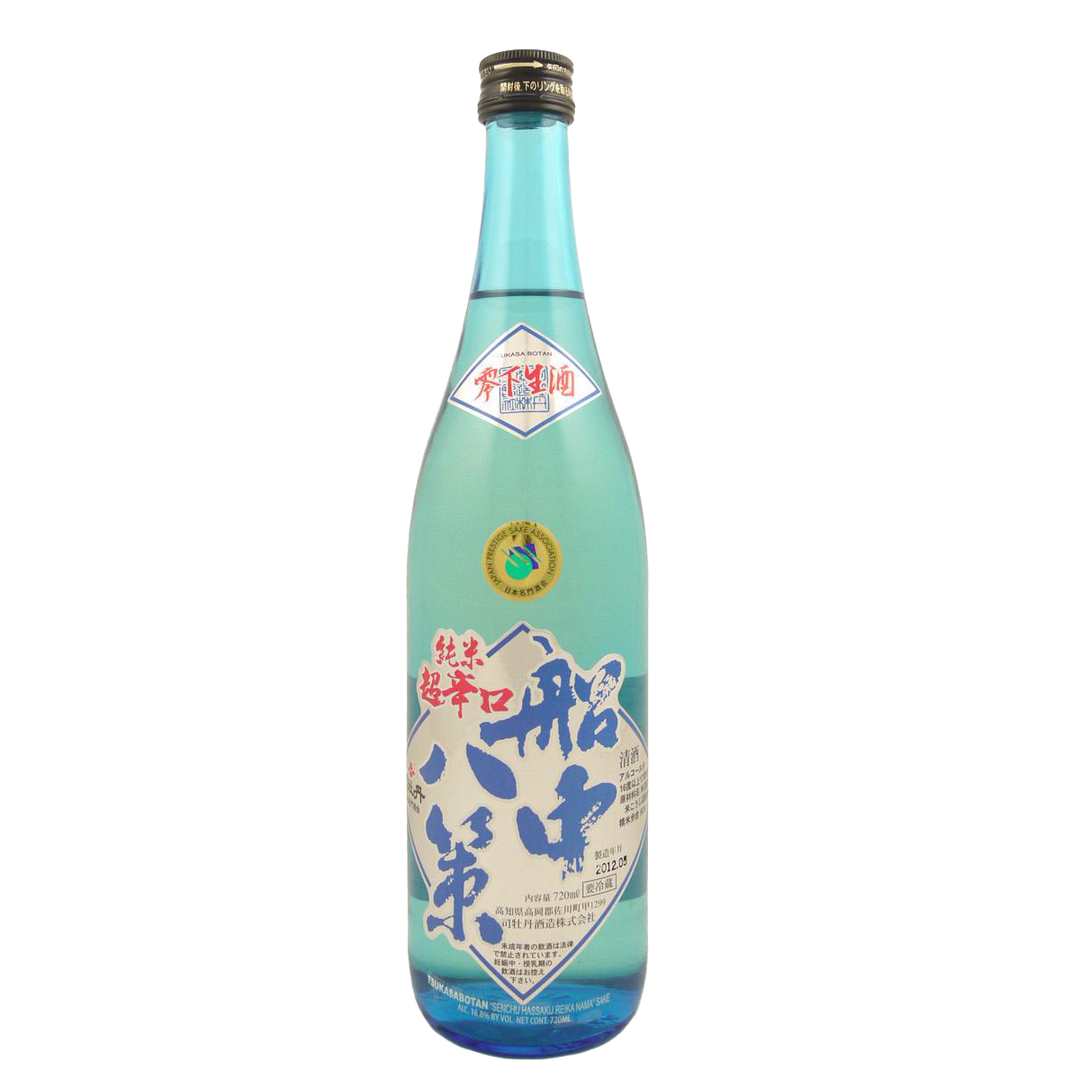
Tsukasabotan Senchu Hassaku Reika Junmai Nama
- Low stock - 1 item left
This is the Summer version of Tsukasabotan's Senchu Hassaku Junmai. Aging unpasteurized at sub-zero temperatures pulls out an intense, full bodied umami with a cutting, dry finish. Despite its mellow, subdued aroma, I get a generous, strong presence on the mid palate, a sort of dense, bouncy, ricey mouthfeel that feels substantial and satisfying. Reminds me of softly, richly bouncy butter mochi. It's not especially fruity but has some of that green Funaguchi can, apple-banana fun. There's enough fruit here that it feels Summery and nice, but only just enough.
The finish is ...dry, yes. But it doesn't strike me as aggressive or astringent. Actually, this extra aging it undergoes really makes the whole ride smooth. I'm surprised to say it because I don't always like the other Tsukasabotan's Senchu Hassaku releases. And maybe this is a bit of sake maturity on my part, really noticing the texture here, where 4-5 years ago I just thought it was boring. But I really do like this sake and I think I'll be drinking it a lot this summer. -Nina
Tsukasabotan Shuzo, 司牡丹酒造
Location: Sakawa, Kochi prefecture
Rice: Kake- Akebono(Okayama) & Tachiharuka(Kochi), Koji- Yamada Nishiki (Hyogo)
Polish: 60%/60%
Yeast: Kumamoto
ABV: 16.5%
SMV: +8
Acidity: 1.6
Tsukasabotan ( the name means "King of Peony”) is one of the oldest and most prestigious breweries in Kochi prefecture. Located in a valley surrounded by the Shikoku mountain range, it was founded in 1603 in the town of Tosa and was once the private brewery of Shigeyoshi Fukaoizuminokami, the feudal lord of Sagawa castle. Traditionally, sakes from Tosa were bright and dry. Today sakes of all styles are brewed in the region, but Tsukasabotan remain staunch traditionalists, making dry, expressive sake that pair with the region’s sea-influenced cuisine.
Tsukasabotan’s sakes are historically important enough to be referenced in novelist Ryōtarō Shiba’s 1962 masterpiece, Ryōma Goes His Way, set during the events of the Meiji restoration.
55


